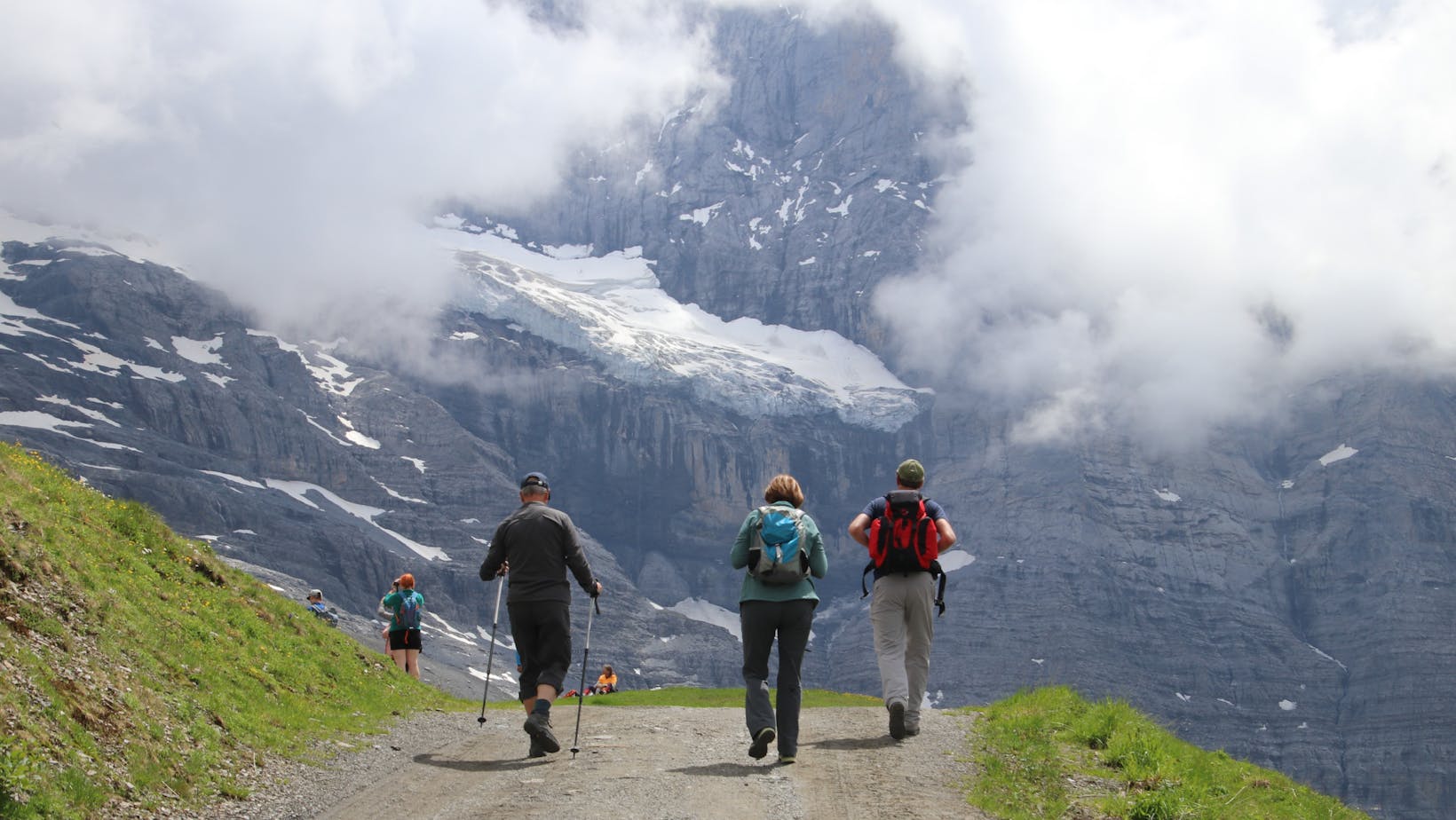Imagine a world where your prescription for health doesn’t always come in a pill bottle. Instead, it’s a list of fun, engaging activities that you’d typically reserve for your spare time. This isn’t a fantasy, but a growing trend in the world of health and wellness, uses recreation and leisure activities as a form of treatment
Uses Recreation And Leisure Activities As A Form Of Treatment

Uses recreation and leisure activities as a form of treatment, often overlooked for their healing capabilities, are emerging as significant elements in improving one’s overall health and well-being. Possessing an inherent therapeutic potential, these activities range from participating in art classes to walking the hiking trails, providing a joyful, engaging, and relaxing healing process.
Recreation plays a vital role in mental health enhancement. Engaging in recreational activities provides a productive outlet for stress, fostering emotional balance and improved mood. Take physical exercises, for instance: participation not only improves body fitness but also triggers the release of endorphins, the body’s natural mood boosters.
Types of Recreational Activities Used in Therapy
Outdoor Activities: Nature’s Role in Healing

Outdoor pursuits effectively integrate therapeutic benefits with experiences often seen as leisurely. Such activities could include hiking, gardening, or wildlife photography. As patients engage with the natural world, they gain significant mental health benefits. For instance, gardening has a grounding effect, challenging feelings of disconnection and promoting mindfulness. Equally, hiking stimulates physical health and fortifies resilience, improving both cardiovascular health and stress management capacities. Strategically combining these activities with therapy sessions results in comprehensive healing.
Creative Arts as a Means of Expression and Recovery
Therapeutic uses of creative arts abound, with activities like painting, writing, sculpting, and music. These pursuits often serve dual purposes – expressing the inexpressible and fostering mental resilience. For example, painting allows patients to visibly manifest intangible emotions or experiences, fostering a cathartic process. Simultaneously, music, when used in therapy, encourages emotional expression, often acting as a conduit for feelings too complex for words. Thus, in harnessing creative arts, healthcare professionals can guide patients to healthier mental states.
Sports and Physical Engagement for Mental and Physical Benefits
Sports, undoubtedly, hold a prominent place in therapeutic recreation. Specific activities, like yoga or team sports, pose significant benefits for both mental and physical health. For instance, yoga improves flexibility, stress management, and mindfulness. In contrast, team sports promote social skills, unity, and self-esteem, alongside the inherent physical health benefits. By including these activities in treatment plans, therapists catalyze their patients’ journey towards wellbeing.
Benefits of Incorporating Recreation into Therapy
Reducing Stress and Anxiety Through Leisure

Engaging in recreational activities presents an effective way to mitigate stress and anxiety levels. Activities such as gardening and hiking aid in elevating mood by offering tranquillity and a sense of achievement. Likewise, listening to music, painting, and other creative pursuits can shift focus away from stressors, fostering relaxation and mental resilience.
To give this perspective contextual specificity, one therapeutic use recreational comprises listening to calming music. When patients use this method, it brings about changes in heart rate, blood pressure, and cortisol, the body’s stress hormone, thereby inducing relaxation.
Enhancing Social Skills and Community Connection
Another crucial benefit lies in improving social skills and building community connections. Activities like team sports and group hikes advocate for cooperation, communication, encouraging participants to socialize effectively. These social interactions can aid in bolstering self-esteem and fostering a sense of belonging.
For example, patients participating in team sports experience increased peer interaction and improved communication skills. In a study involving group yoga sessions, participants cited an upliftment in community connections and social skills, stating an enhanced sense of belonging and improved ability to empathize with fellow participants.
The Therapeutic Power of Recreational Activities
Recreational activities aren’t just about fun and games, uses recreation and leisure activities as a form of treatment. They’re a powerful therapeutic tool that promotes mental well-being. Whether it’s outdoor pursuits, creative arts, or physical engagement, these activities offer immense benefits. They’re not just stress busters, they’re resilience builders. They help manage anxiety and improve social skills, fostering stronger community connections.


